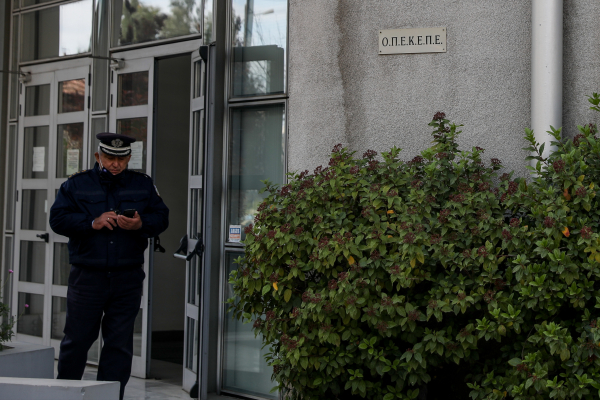Over the last week there has been rampant talk of snap elections, even though Prime Minister Kyriakos Mitsotakis emphatically denied the scenarios, declaring that such political tactics are not his wont.
Those who were not convinced argue that the 3.5bn euro economic package the PM announced last week indicates that at the back of the PM’s mind is the prospect of seeking a fresh mandate before the end of his term.
Their rationale is that in the past it was the practice of Greek prime ministers to pave the way to elections with generous handouts to voters, and history bears that out.
The country, however, is in great need of stability. It does not need electoral surprises.
Moreover, opinion polls do not indicate that the public either directly or indirectly wants snap elections.
Citizens who voted the current government into office in 2019 seriously took into account the commitment of the ruling party’s leader that he could ensure a return to normalcy, and normalcy entails stable electoral cycles.
The decade of the debt crisis, which was marked by continuous instability and repeated elections, is a thing of the past that we should leave behind for good and which a majority of public opinion does not want to see repeated.
The government, therefore is obliged to disburse the “social dividend” that it has promised, and proceed with implementing the reforms on the basis of which it was elected. It must manage the problems that exist in the daily lives of citizens, as must anyone who rules.
At the end of the government’s four-year term, voters will decide whether it succeeded in its work or not.
That is what the Constitution provides for under normal conditions, and the government has asserted that current conditions are normal.


























